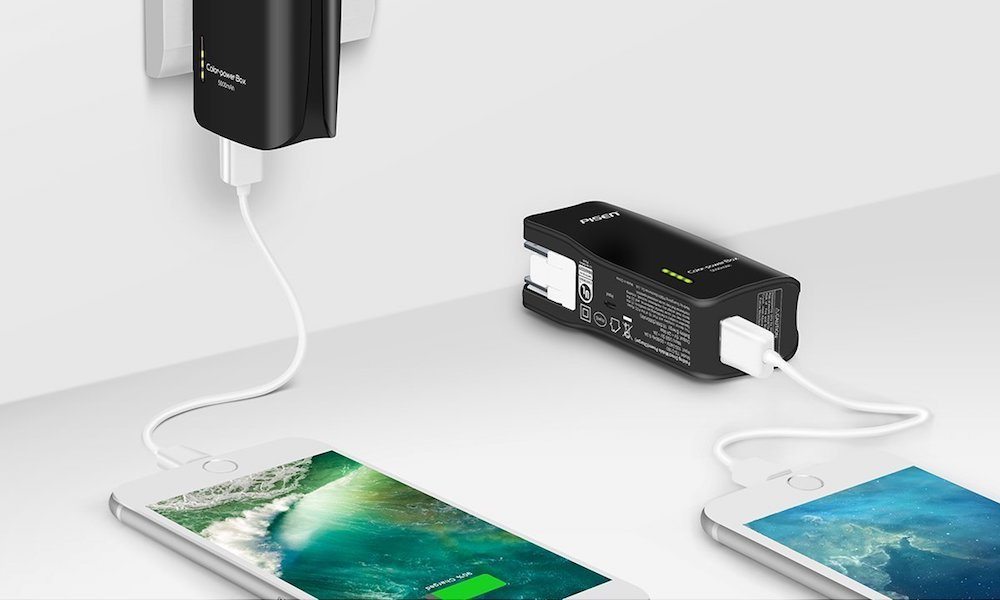Apple Sued $0.15 By Chinese Accessory-Maker

Toggle Dark Mode
Apple was hit with a somewhat bizarre lawsuit earlier this week, which was lodged by China’s self-described “second-largest manufacturer” of parts and accessories for consumer electronics products — a firm long-adorned by Chinese customers, named Pisen.
At the core of Pisen’s argument is that by implementing a “mandatory certification program” for its myriad of cable and adapter accessories, Apple is engaging in a form of “unfair competition” in the Chinese cable market.
“Pisen, known for its tech product accessories such as data cables, power plugs and power banks, said on its official Weibo account that the Beijing Intellectual Property Court has already accepted their lawsuit,” a report published by the South China Morning Post confirmed.
Apple MFi Certified Program
Launched back in 2005 as an exclusive licensing program for Apple’s iPod accessories, the ‘MFi certified’ designation has since been expanded to cover accessories and peripherals from almost all of Apple’s product categories. MFi, an acronym for ‘Made For iPhone/iPad/iPod Touch’, is in a sense a business for the Cupertino-company, in itself.
Essentially, Apple charges accessory-makers licensing fees which allow them to have the ‘MFi certified’ badge applied to their product’s packaging, giving the customer a loud-and-clear indication that what they’re about to buy is 100% designed and optimized to work with iPhone, iPad, or iPod Touch.
MFi is a profitable business for Apple. But, it’s also intended to ensure that only the highest-quality accessories are available from retailers; and that only the highest-quality accessories are used with Apple’s devices to ensure safety, guarantee quality, and help retain warranty coverage should something go wrong.
Here’s the thing, though: according to a statement from the South China Morning Post, Pisen claims “Apple’s MFi mandatory certification does not make products safer;” but rather, that it has instead “damaged fair competition in China’s electronic components market.”
Pisen claims in court documents that some of its products were removed by “multiple” e-commerce retailers in China and Europe as a direct result of Apple having “filed multiple complaints” with them claiming that Pisen’s products infringed on Apple’s intellectual property. Meanwhile, Pisen claims that it believes Apple is exploiting its dominant position in the market to “disrupt fair competition,” citing how the iPhone-maker has rejected Pisen’s personal application for MFi certification “multiple times.”
What Does Pisen Want?
According to Pisen’s statement to the South China Morning Post: “[The Shenzhen firm] is demanding that Apple stop its ‘unfair’ trade practices and is seeking 1 yuan as nominal compensation for economic losses.” That’s it, folks.. Just 1 Chinese yuan — the equivalent of roughly 15 cents American.
So what’s the point then? Well, while we can obviously neither confirm nor deny any probable cause, it would appear that either one of two scenarios are currently playing out. Either the South China Morning Post simply made a typographical error and entered in the wrong financial information, or Pisen, itself, is essentially suing Apple as a publicity stunt, seeking a paltry amount in ‘compensation’ so as to minimize its liability while maximizing the exposure of its brand and products.






